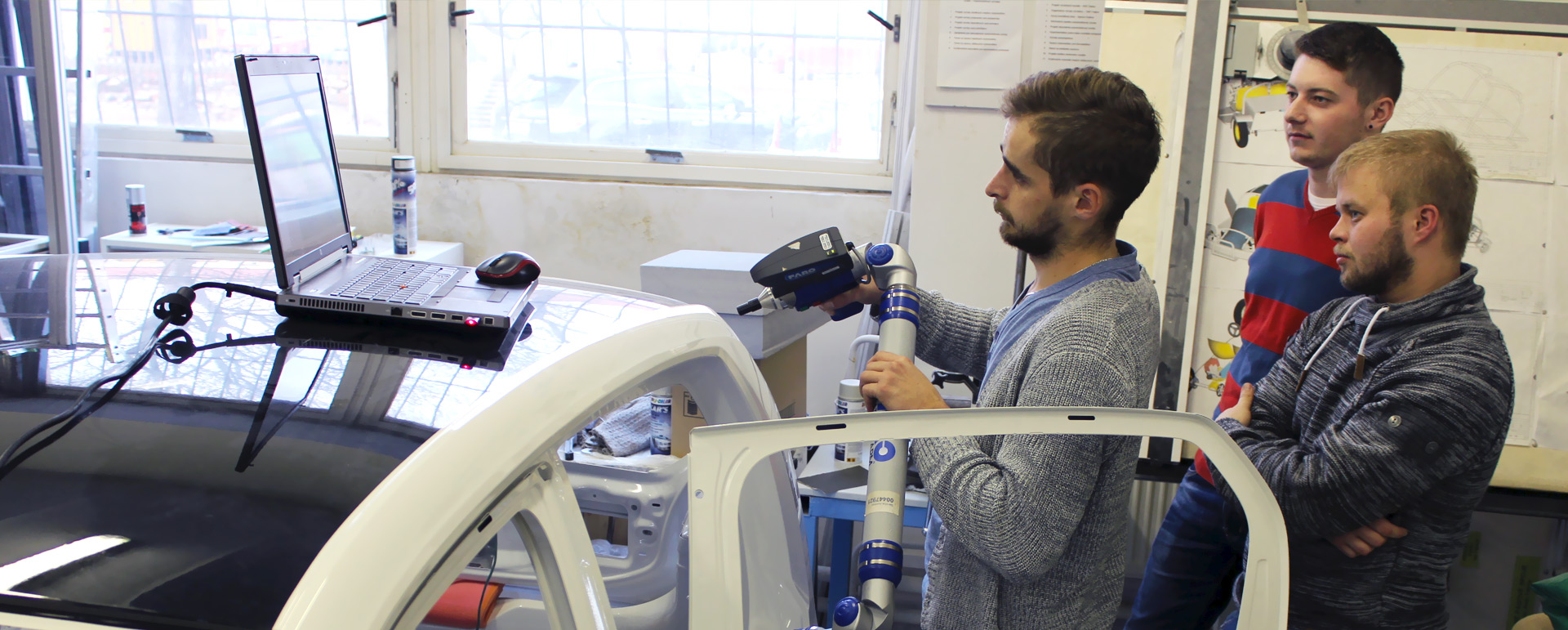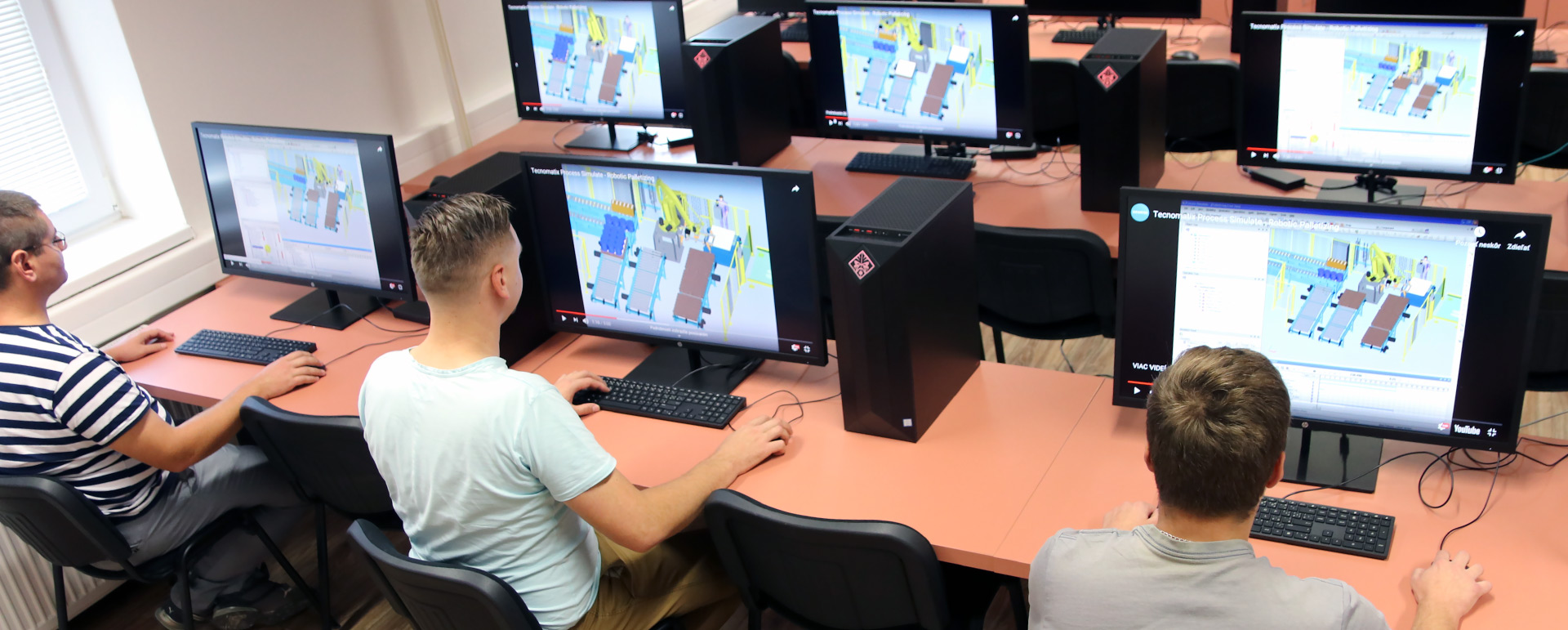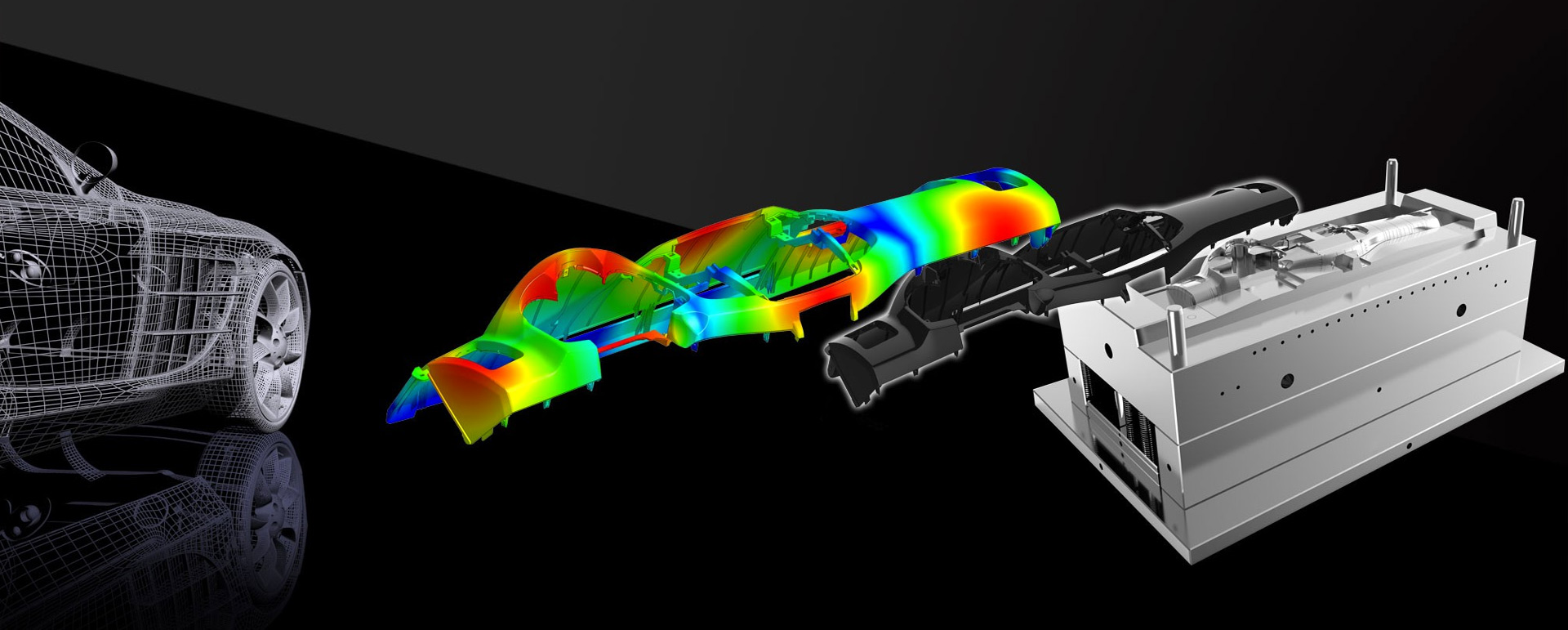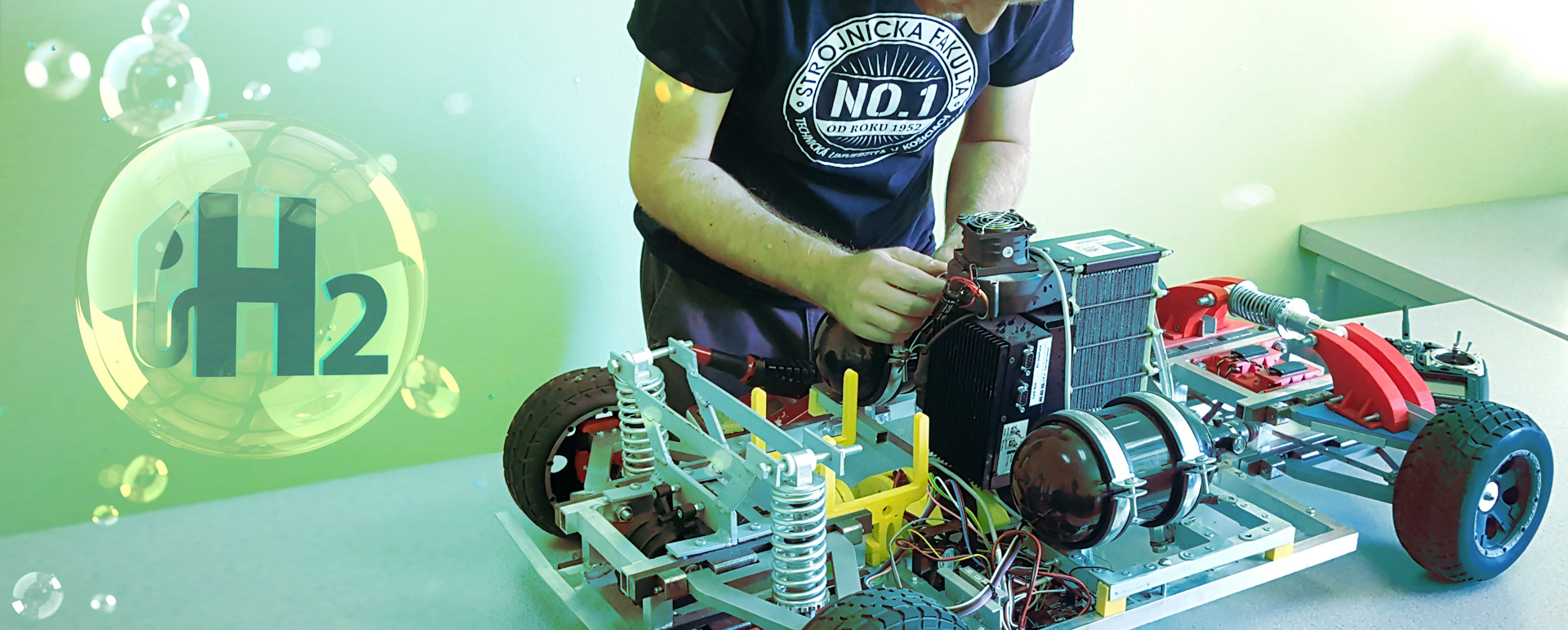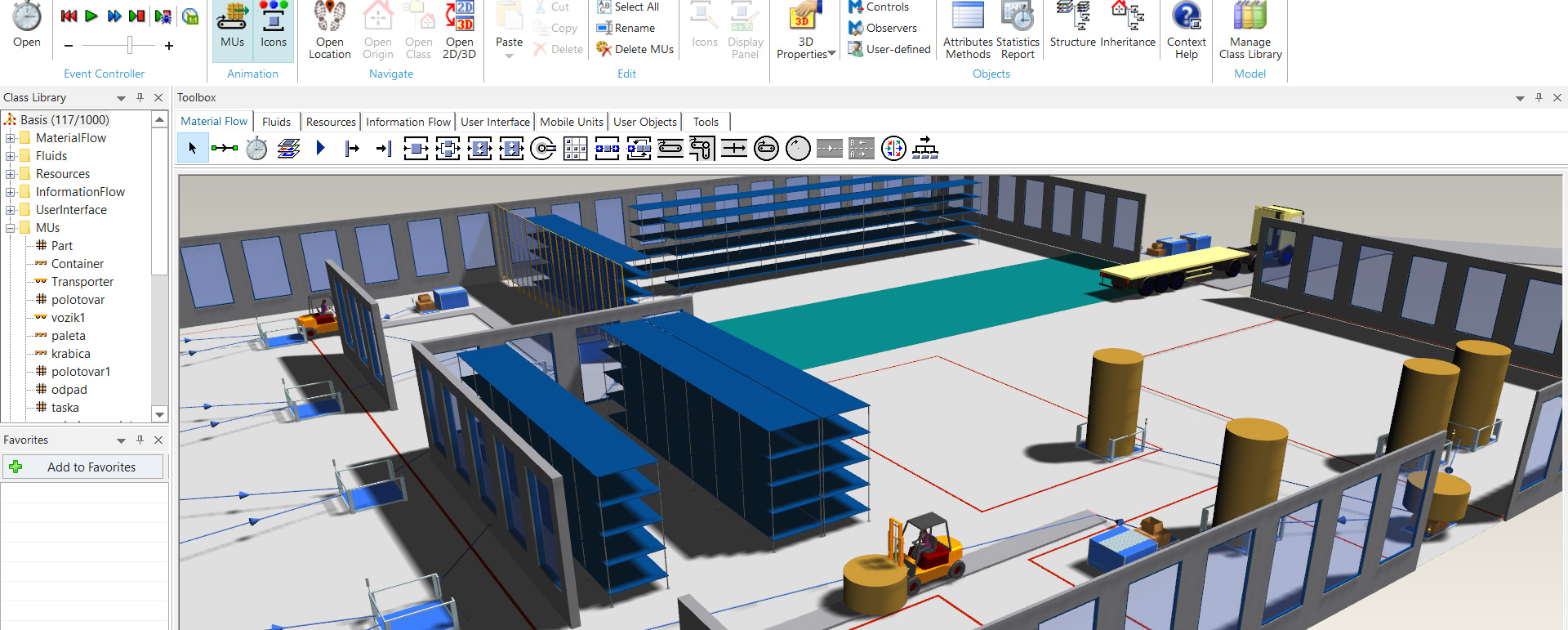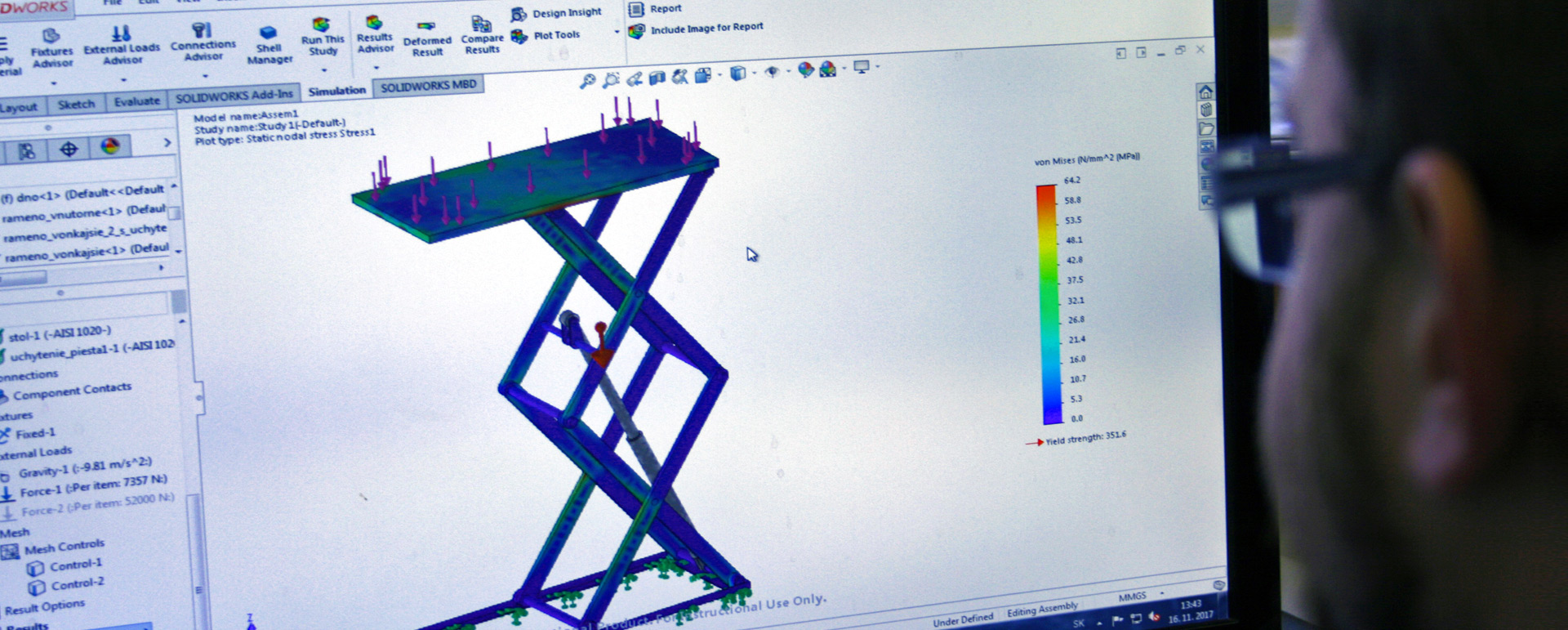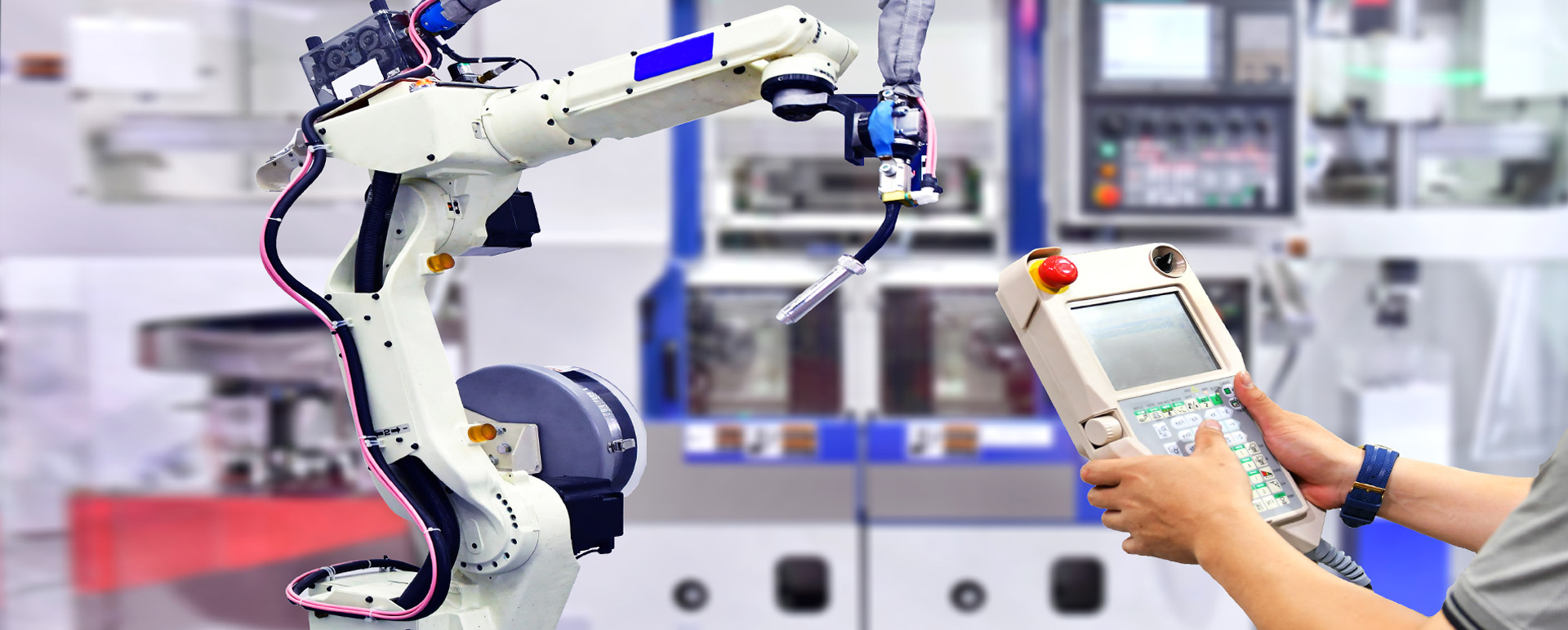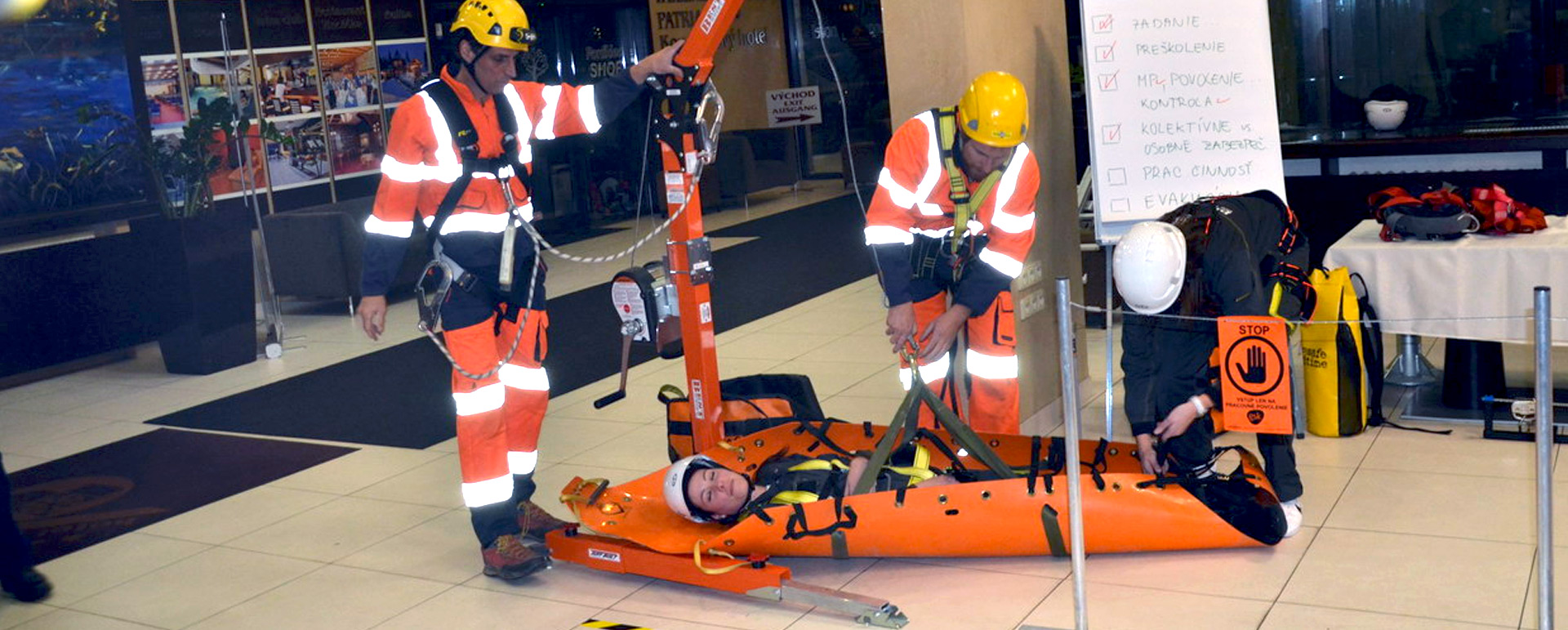The education and training of students attending the study programme Automotive Production is focused on the preparation of experts in creation of new products, design of production processes, management of the production of automobiles and their components. Graduates will gain theoretical, research, professional and practical knowledge about innovative trends in automotive production.
The study programme Biomedical Engineering builds on the knowledge from the first-level study programme of Prosthetics and Orthotics. The education of students is focused on solving problems associated with the functionality and activity of the human body, supplemented by deepening knowledge of 3D modelling and additive production.
The study programme Business Management and Economics is a direct continuation of several decades existing teaching of economically and managerially oriented study programmes at the Faculty of Mechanical Engineering TUKE.
The study programme is focused on the preparation of experts who are able to systematically and comprehensively solve technological, material, design and organizational tasks in modern engineering production, and have knowledge of engineering informatics and engineering technologies, which they integrate with knowledge of an economic nature, thus enabling graduates to solve problems of production management and operation at all levels.
The study programme Energy Machines and Equipment is included in the group of programmes focused on the flow of fluids, thermo-mechanics, heat transport, alternative energy sources and construction of energy equipment.
Graduates of the study programme Engineering Technologies are, on the basis of the acquired knowledge, able to coordinate engineering production and solve current practical tasks.
The study programme Industrial Engineering at the Master level is intended for future engineers who will be able to work independently in the field of conceptual design, efficiency improvement and optimization of business processes and systems, as well as in all areas of digitization of production and non-production processes.
Mechatronics primarily integrates the knowledge from the fields of mechanics, electronics, informatics and control. Additionally, it makes it possible to improve the properties of existing products but also the development of completely new products. Mechatronics is already well established in almost all industries, such as automotive industry, industrial automation, robotics, consumer electronics, etc.
The Mechanical Engineering study programme is a balanced combination of technical and natural science subjects focused mainly on design, construction, mechanics, engineering materials, production technologies and production process control, which provides graduates with a wide range of employment in the mechanical, automotive, energy and consumer industries.
The graduates of the RaRT study programme will be employed in scientific research, development and design organizations, where they will be solving the problematic of complex automated and robotic systems. They will be able to design, program and animate robotic devices, as well as design and optimize technologies related to the work of robots.
The study programme Technical System Security offers an extensive knowledge of profiling engineering areas, risk assessment of machines and processes, fire and explosion prevention, crisis management and safety management systems.
The study field of Transport Technology and Logistics is widely used in all spheres of the national economy. Material handling is an important and integral part of production processes and service systems.
